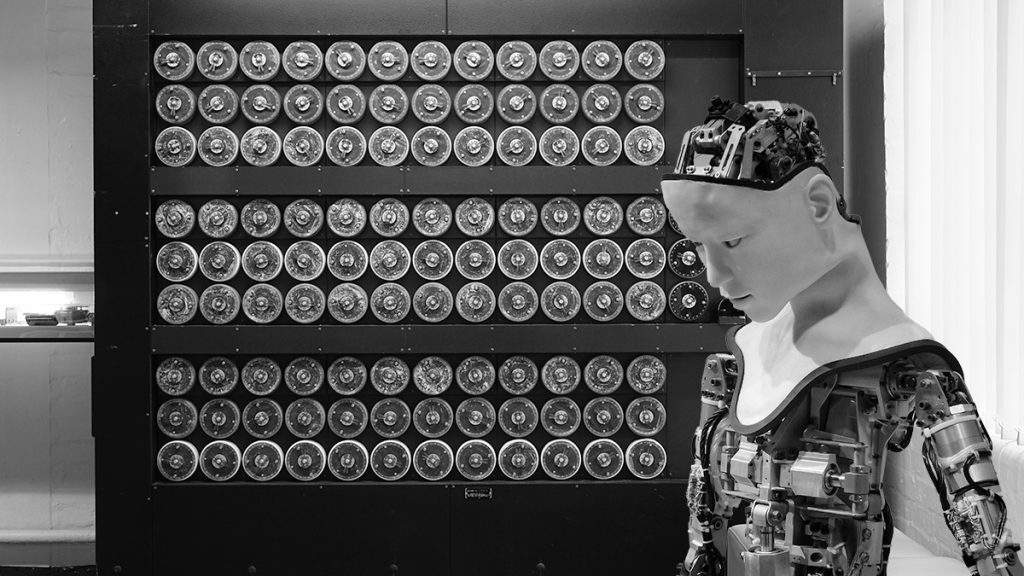
“You have to be trusted by the people that you lie to,” Roger Waters
Exploring the prevalence and repercussions of plagiarism in education, this article delves into the societal impact of academic cheating in schools and universities. It addresses the culture of unreasonable demand, the role of technology, and the need for a moral compass to navigate the challenges of authenticity and creativity in today’s education system.
The outcry over plagiarism empowerment through ChatGPT’s and similar apps in education is valid, despite reassurances of developing more efficient checkers. But whether they ban these apps or not, schools, universities, and business communities must introspectively address their cheating problems. Plagiarism in education is a persistent issue that cannot be ignored.
I was chatting to a headmaster of a venerable private school in Johannesburg recently, and he honestly thought it may be advisable to institute lie detector tests at schools. Yes, of course, that’s the solution!
Send a child out into the adult world with the knowledge that the world doesn’t trust him or her. What will happen to those soft skills everyone’s been talking about as a gateway to a better future for all? It would be like, oh I don’t know, having metal detectors at the entrances of inner-city schools in America, maybe?
They have those? Ah yes, now I remember. You’re 21 times more likely in America to be shot by the police if you’ve been schooled in the inner-city.
So, the prospect of polygraphs in schools, then. To be followed by iris dilation tests before college acceptance, perhaps? And then, why not, waterboarding short-listed candidates for a job. Seems fair. After all, we give young people every reason to cheat, with a combination of unrealistic pressure and, frankly, tribalism. Why not maintain the lunacy?
5% Honesty?
According to the International Center for Academic Integrity, 95% of high school students cheat. And 68% are still cheating right up to university graduation day. So I guess you could say that whatever degree is considered valuable for students entering the economy, most of them major in Plagiarism.
And now technology has handed us a tool that legitimizes our prior cheating and, in our minds, encourages this behaviour as a way to get ahead.
Before the preceding statement gets me into trouble, let me just note I think these tools are fantastic for the purpose they were designed for, such as a wellspring of knowledge and the cognitive function of collective thinking. My concern is a system of education and commerce which homogenizes personality in the name of results, and the Machiavellian gene in all of us to attempt to beat the system.
Social media isn’t exactly helping, either, especially when it comes to plagiarism in education. We constantly share stuff that impresses upon others the type of person we are, without citing the source. That’s not to say that this is criminal activity per se, but it is a mild form of using someone else’s intellect or creativity to portray one’s own.
If pricks of discomfort haunt you whilst reading this, you should know you’re keeping good company.
The media busted Joe Biden for it. Martin Luther King was guilty of it. As was JRR Tolkien and Malcolm Gladwell, whose ‘Tipping Point’ redefined how we think about cause and effect in modern society.
And even Shakespeare is the subject of another exposé on the subject.
Perhaps we should think about plagiarism as a pandemic, forced upon us by a culture of unreasonable demand.
Is there a cure for this shortcut to achievement? Should we just continue to be passive or active participants in claiming work that is not ours, allowing meritocracy to become a joke?
AI is encouraging us towards the latter; it clearly understands our flaws.
Hopefully, the moral compass magnetizes most of us toward creativity and honesty today and into the future. I write hope, however, without much hope.
In closing, I would like to tell you about a young boy sitting in a small lecture room, writing a science exam. Or perhaps, trying to write a science exam would be more accurate. He just didn’t have any grasp on the subject at all, his brain leaning more towards art and literature. But he had to do the exam otherwise the school would keep him back a year. So what did he do? He surreptitiously leant over and tried to catch glimpses of another boy’s answer. A few times, actually.
On one answer, he forgot the risk and spent more than a few seconds looking at his neighbour’s work. What he didn’t know, was that the science teacher was standing right behind him. The teacher made him stand up while the teacher informed the rest of the pupils of his crime. The shame the boy felt manifested itself as a fiery blush that turned his whole head a dull red. It was quite simply the worst moment in the boy’s life.
The boy in the story is me. And If I were to offer the slimmest of ‘cures’ for plagiarism, I suggest you indulge in it yourself.
When they catch you…
…I think I can guarantee you’ll never, ever do it again.
Inside Telecom provides you with an extensive list of content covering all aspects of the tech industry. Keep an eye on our Impact section to stay informed and up-to-date with our daily articles.